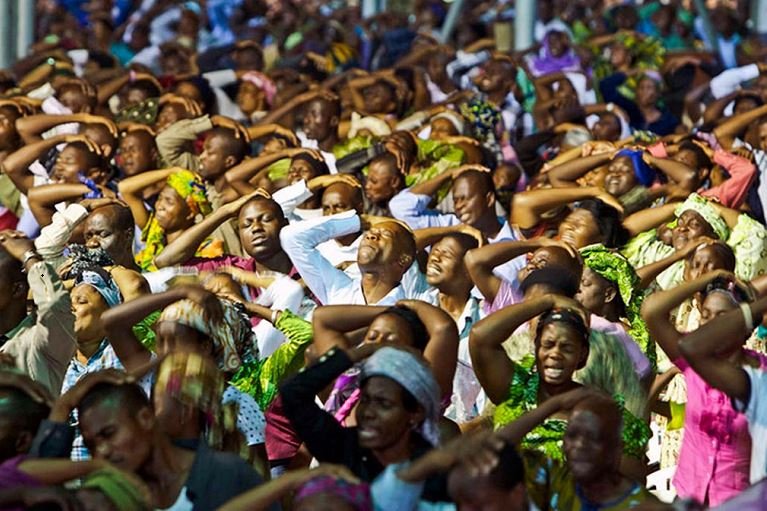
The United Nation Population Fund (UNFPA) said in its 2019 State of the World Population report that Nigeria has a population of 201 million.
Nigeria has had an average population growth of 2.6% between 2010 and 2019. Africa’s most populous country grew by about 5 million people from 2018 when UNFPA gave the population as 195.9 million.
The country has witnessed a population growth from 54.7 million in 1969 to 105.4 million in 1994 and 201.0 million in 2019.
According to UNFPA, the age distribution of 15-64 years is the highest population composition in the country with 54% of Nigerians falling between the age range. 44% of Nigerians are within the age distribution 0-14 while 32% of the population is between 10 and 24 years and a paltry 3% are 65 and above.
READ ALSO: Nigerian Governor Predicts Recession In 2020
The low percentage of those within the 65 and above age distribution is not entirely surprising with the life expectancy of Nigeria at a worrying 55 years old, one of the lowest across the world.
There was a slight drop in the fertility rate from 2018’s 5.4 births per woman to 5.3 births per woman. It continues the trend of dropping fertility rate over the years from 6.3 in 1994 to 5.3 in 2019.
The World population grew to 7.7 billion in 2019 while the life expectancy rate is 72 years.
Asides collecting and analysing data, and censuses for development planning, UNFPA also supports reproductive health care for women and youth across the world.
The report also indicated that 51% of women aged 15-49 years who are married (or in union) make decisions on sexual and reproductive health and reproductive rights.
The decisions include the choice of sexual intercourse with their partner, use of contraception, and their healthcare.










